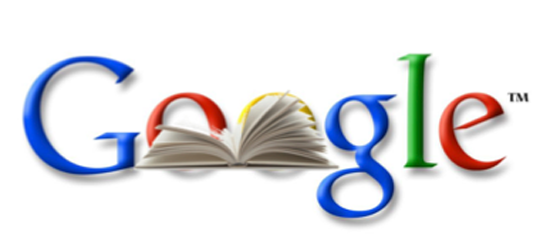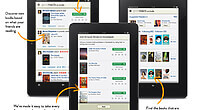
A judge’s recent decision brought an end–for now–to the Authors Guild v. Google court case concerning copyright issues as they pertained to Google’s attempts to preserve and provide access to millions of global titles, most of them locked away in far-reaching international and academic libraries. While critics on both sides of the two-year court battle made statements concerning the access to digital editions of the titles that did have merit, the greater good has been achieved by the ruling as it pertains to readers with print disabilities.
According to a blog post by Bill Steele for Cornell University, access to books is not universal. “Perhaps we should just say ‘equal’ access. Most people can walk into a library, pick up a book and read it, but a person with a visual impairment or a reading disability such as dyslexia must rely on computer assistance, using software that reads digital text out loud, enlarges the type on a screen or converts the text to braille. This requires access to the full text of the work in digital form.”
Like many libraries, Cornell had initially begun scanning its collection for its own uses, including use by students and faculty members with limitations on print consumption, as well as supporting the national HathiTrust with its scanned content. When Google launched its worldwide project, Cornell began turning over content to the project, to the tune of about 1,000 items per week. But when the Authors Guild put a temporary stop to the undertaking, a great number of students and researchers stood to lose out, not just from not having geographical access to the various international collections, but by not having the basic ability to consume a book that many readers take for granted.
As Steele points out in his post, this access to digitized editions for those with specific needs is not the free-for-all that critics might argue. There are verifiable steps that patrons must take in order to have access to scanned works, steps that–again–the average reader not only does not have to endure, but also does not even have to think about. The recent decision to dismiss the Authors Guild’s case against Google will hopefully speed up the once forward-moving project to enable book access for everyone.
Mercy Pilkington is a Senior Editor for Good e-Reader. She is also the CEO and founder of a hybrid publishing and consulting company.
